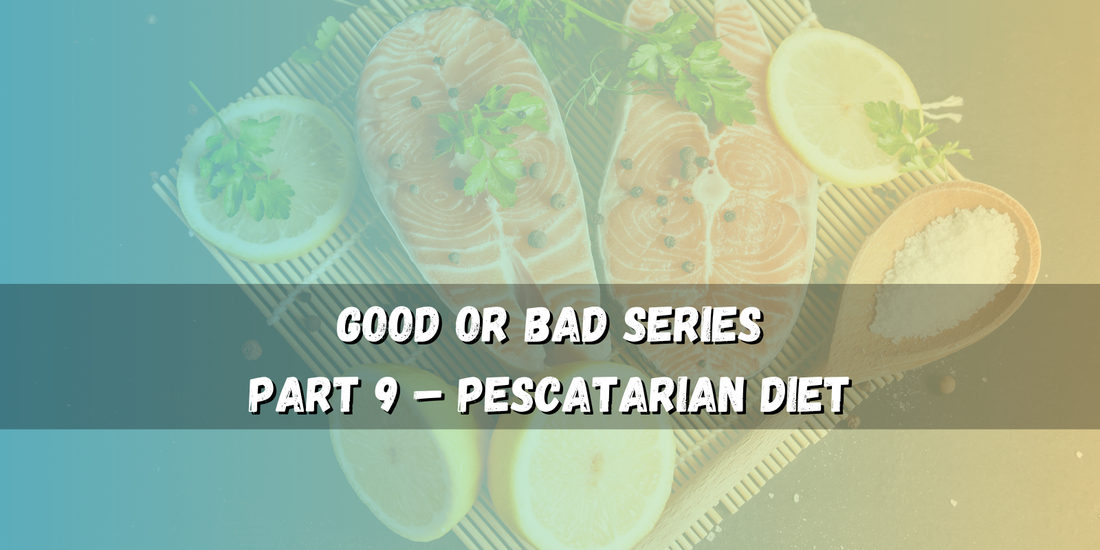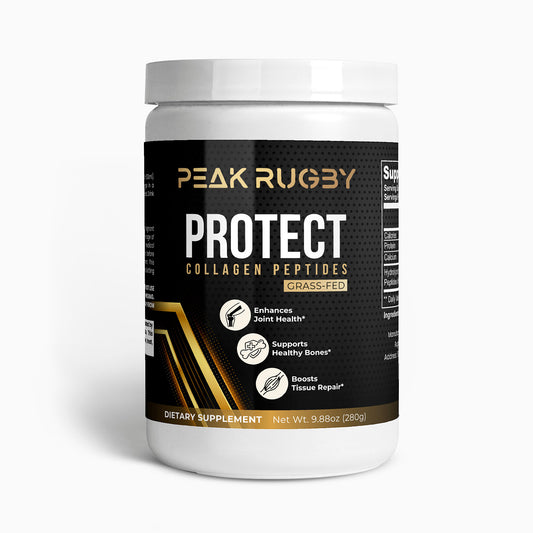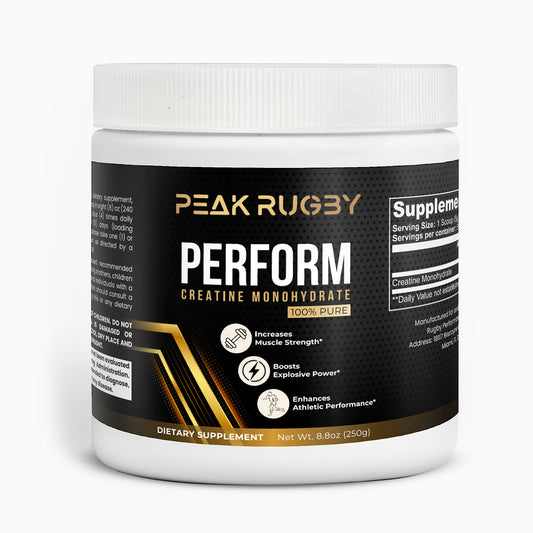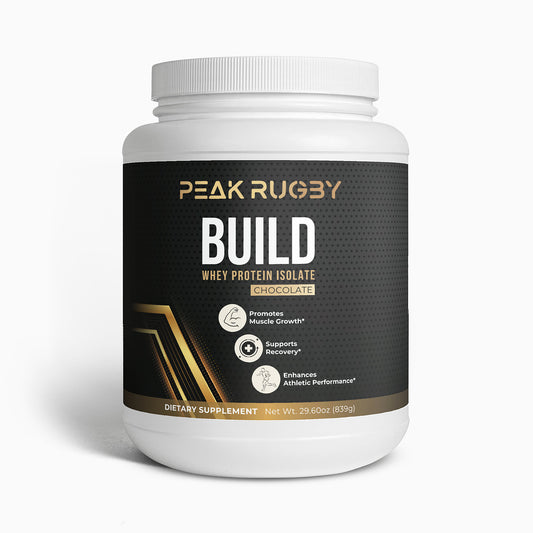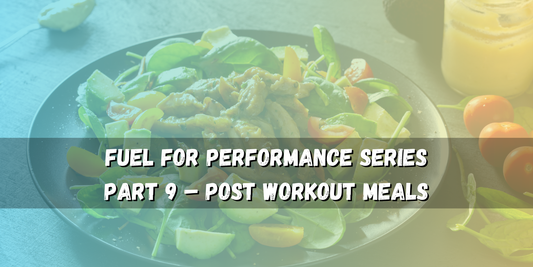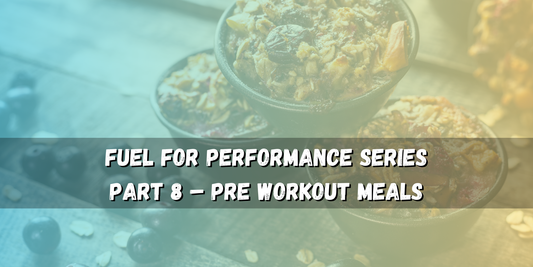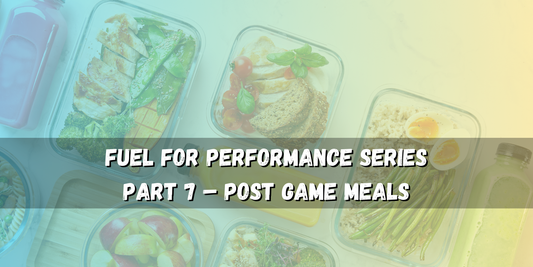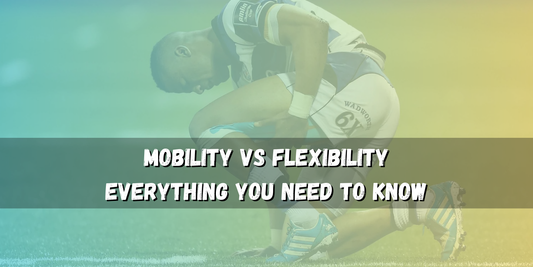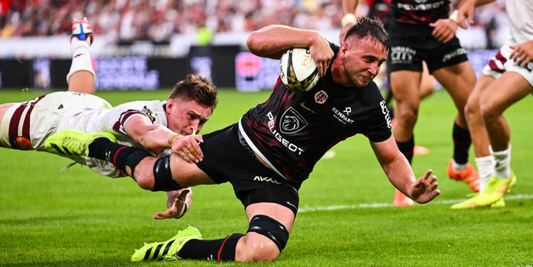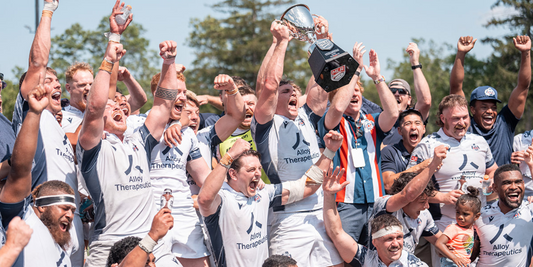The pescatarian diet is often praised as the “best of both worlds”—mostly plant-based, but with the added benefits of seafood for protein, omega-3s, and essential nutrients. It’s a common go-to for athletes who want to clean up their diet without going fully vegetarian or vegan.
But does eating fish (and skipping meat) actually give you enough fuel for strength, speed, and recovery? Or does this approach fall short when the demands of performance ramp up?
In Part 9 of the Good or Bad Series, we break down how the pescatarian diet affects body composition, inflammation, muscle building, and performance—and where it might need support.
Here’s how the series looks:
- Part 1: Fasting – Good or Bad for Performance?
- Part 2: Dairy – Fuel or Flaw for Athletes?
- Part 3: Gluten – Cut It or Keep It?
- Part 4: Processed Foods – Fuel or Fail?
- Part 5: Raw Meats & Eggs – Hack or Health Risk?
- Part 6: Keto Diet – Can It Work for Athletes?
- Part 7: Vegan Diet – Enough to Perform?
- Part 8: Vegetarian Diet – Can You Build Strength & Power?
- Part 9: Pescatarian Diet – Balanced or Falling Short?
- Part 10: Carnivore Diet – Can Meat-Only Diets Boost Performance?
Let’s dive into the next one: Pescatarian.
WHAT IS A PESCATARIAN DIET?
A pescatarian diet excludes meat and poultry but includes:
- Fish and seafood (salmon, sardines, tuna, shellfish)
- Eggs and dairy (optional, but common)
- All plant-based foods (grains, legumes, fruits, vegetables, nuts)
In short: it’s a vegetarian diet with fish—which adds valuable nutrients that are harder to get from plants alone.
WHY ATHLETES CHOOSE PESCATARIAN
- Want to limit red meat or processed meat
- Believe in the anti-inflammatory benefits of fish
- Looking for cleaner protein sources
- Following a diet that’s easier to sustain than vegan or vegetarian
- Concerned about digestion, inflammation, or ethical/environmental issues
It’s flexible, nutrient-dense, and still gives access to key animal-based proteins—if it’s done well.
PERFORMANCE BENEFITS OF PESCATARIAN
- High-quality protein from fish, eggs, dairy, and plants
- Rich in omega-3 fatty acids (great for brain, joints, and inflammation)
- Good source of iron, zinc, B12, iodine, selenium, and creatine (if including eggs/dairy)
- Easier digestion for some athletes compared to heavier meats
- Can support lean body composition and recovery
COMMON PITFALLS
1. Not eating enough protein
- Especially if relying on small servings of fish or skipping eggs/dairy
- Requires intentional meal structure to hit 1g/lb bodyweight targets
2. Poor fish quality
- Farm-raised fish (especially salmon or tilapia) can be high in toxins and low in omega-3s
- Fried or breaded fish = not helpful for recovery
3. Nutrient gaps if eggs/dairy are excluded
- Might still fall short on creatine, zinc, B12, and vitamin D unless supplemented
4. Over-reliance on grains and carbs
- Like vegetarian diets, can drift into a high-carb, low-protein pattern if not tracked
WHEN PESCATARIAN WORKS
- You include fatty fish (like salmon, sardines, mackerel) 3–4x/week
- You eat eggs and dairy to round out your protein intake
- You build meals around performance goals—not just “healthy”
- You track protein and supplement smartly (if needed)
- You prioritize clean, whole-food sources over processed “plant-based” snacks
WHEN IT FALLS SHORT
- You don’t eat enough protein
- You avoid dairy/eggs and don’t supplement
- You rely on bread, rice, pasta, and bars to hit calories
- You rarely eat oily fish or eat poor-quality seafood
- You feel slow to recover or struggle to build strength
BALANCED OR FALLING SHORT?
Verdict: Balanced—if done right.
Pescatarian diets offer clean protein, anti-inflammatory fats, and great micronutrients. If you include enough fish, eggs, and quality carbs, it can be a strong foundation for athletic performance.
But skip the structure—and you’ll fall short on strength, recovery, and muscle gains.
COACH’S TAKE
For athletes who don’t want to eat red meat, pescatarian can be a smart choice—if they’re eating real fish, getting enough protein, and not living off grains.
I’ve coached athletes who leaned out, recovered faster, and felt great eating this way—but it still takes planning, especially during heavy training blocks.
WANT TO TRAIN SMARTER AND FUEL BETTER?
Enter your email below to join the newsletter and get 15% off your first supplement order—plus free weekly tips straight to your inbox:
- Monday Training Tip: Strength, recovery, mobility, and performance routines
- Thursday Nutrition Tip: Meals, macros, supplements, and fueling strategies
If you found this article helpful, don’t forget to:
- Like and share this post with your teammates and fellow rugby fans
- Bookmark the blog to stay updated on the next rounds
- Follow @gopeakrugby on X and Facebook and subscribe to our Youtube Channel for more rugby analysis, match recaps, and insights

